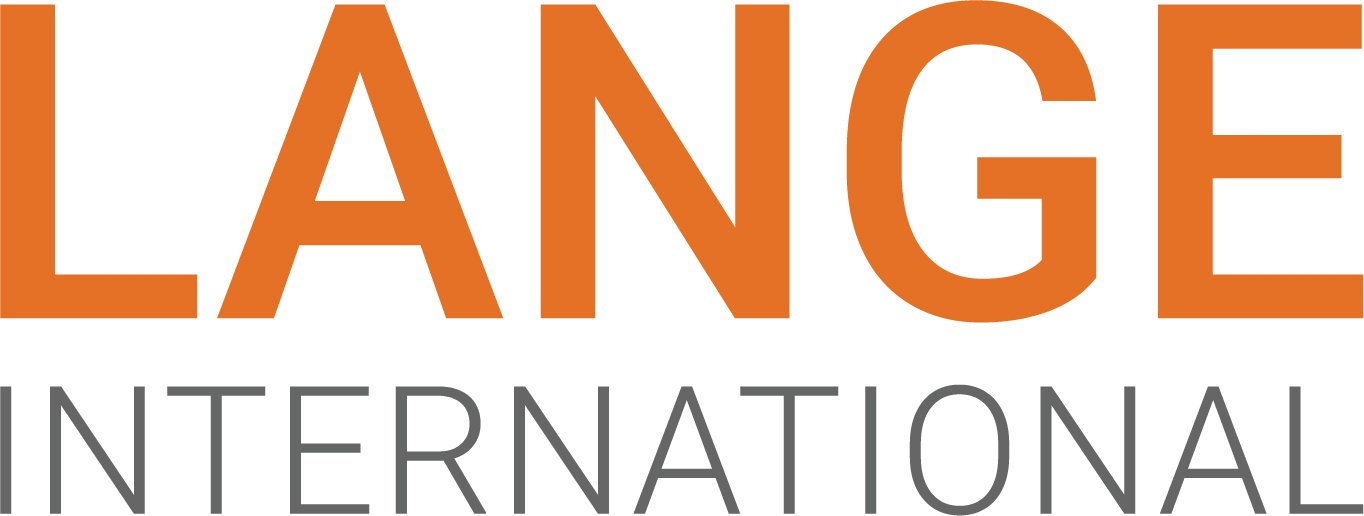How Would a Friend Brag About You? (And Why Aren’t You Doing It for Yourself?)
Last weekend, I went to my first concert since the pandemic. There was a folk singer, Allison Ponthier, singing a song called “Harshest Critic.” I looked up the words and these lyrics sat with me:
I'm terrified
Of the way I look when it's through strangers eyes
I wish I had a way to peek inside their minds
But it wouldn't fix the problems I see through mine
It's just how I'm wired
The women I work with struggle with their inner critic. That lady is MEAN! And the result: women often settle, taking what they are offered, versus strategically thinking about what they deserve. Their careers suffer because they are so hard on themselves.
I hear, “My boss said they will put me up for promotion this quarter.” I’ll ask, “Are you sure about that?” and then, “What is your fallback plan?” To which I hear, far too often, “I don’t know.”
Taking what is offered and not asking for more is quite common with my female leaders. They hear that mean lady telling stories like “You might not get the job, they might say no, you aren’t that smart, there are others who deserve it more.”
When our own harsh critic's voice is too loud, you settle and you lose your power. It’s more like playing defense instead of offense when it comes to your future.
Now, you have likely heard the concept of telling yourself positive affirmations or telling yourself a story of success. Great advice. But hard advice. Because many women learn from a very early age that speaking up confidently, especially about talent, strength, beauty and skill, is frowned upon. By society, and – most importantly – other women.
When I’ve pressed my clients to think bigger – to truly recognize what they bring to the table, to convey their expertise, their knowledge, their experience in a way that leaves no room for question – it can be met with discomfort. Even a feeling that they’re being selfish, maybe even embellishing their worth.
I think this is rooted in our ability to own our value, believe it, and to tell the right stories to demonstrate that value.
The stigma and perception of “bragging”
Consider answering these questions:
I am an expert in _____.
I deserve ____ .
I deserve it because ____.
Did you hesitate to answer these questions? Are you uncomfortable with thinking about what you deserve, and why? Was your instant reaction: “An expert? Who, me? And what do I really deserve?!” Remember, it is never selfish to think about your value and what you deserve. It is never selfish to advocate for yourself and to recognize your worth.
The women I am thinking about are extraordinary leaders, innovative business thinkers, founders, investors. They are creating an impact on the world that extends far beyond what they perceive to be the limits of their own career. I want to see them leaning into their accomplishments, sharing that story, and positioning themselves for their next move.
Exercise: See yourself through the eyes of a friend
Your career is filled with countless case studies, data points, bragging rights, and testimonials that support your growth. You just have to see them and know how to bring them forth. The trap we fall into is minimizing our contributions, making those stories smaller. Making them less powerful. Diminishing the impact we’ve had along the way.
How can you make your stories bigger and bolder? How can you tell the right stories that allow you to show up in a powerful, deserving way that demonstrates that you aren’t just planning for your next big thing, that you’re deserving of it now?
One exercise is to see yourself through the eyes of a friend, through someone who knows you, loves you, and admires you. How would your best friend describe your potential? How would your best friend talk about you to a colleague of theirs? How would they speak about you if you weren’t in the room? Now, how does that compare to how you speak about yourself?
This exercise – essentially bragging about a friend – is a powerful portrayal of the language we reserve for others rather than ourselves.
Make your stories bigger
It starts with recognizing the power of story. It’s not a cute anecdote. It’s a strategic communications tool that serves to underscore your relevance and contributions. The right stories win jobs and negotiations, ace interviews, and motivate and inspire teams.
Ground yourself in what you are worth, and carefully choose the right words, body language, and eye contact to share it with confidence. Think about how you show up in these moments. You’re not asking. You’re not meek. You’re uncompromising. You’ve so internalized your value – you know exactly how much you bring – that you command the entire room, whether an audience of one, a virtual meeting, a panel interview, or a stage.
This is not acting, it’s not embellishing, and it’s certainly not lying. It’s believing. It’s believing that whatever you want – that board seat, that C-suite role, that investment round – is yours to have. It shows in your words, your conviction, the inflections of your voice, your posture.
Communicate with impact
Challenge yourself to have the confidence to tell the right stories – the ones that will open doors for you and set you up for enormous success. Learn more about how I help leaders and their teams own their stories and become great communicators here.


